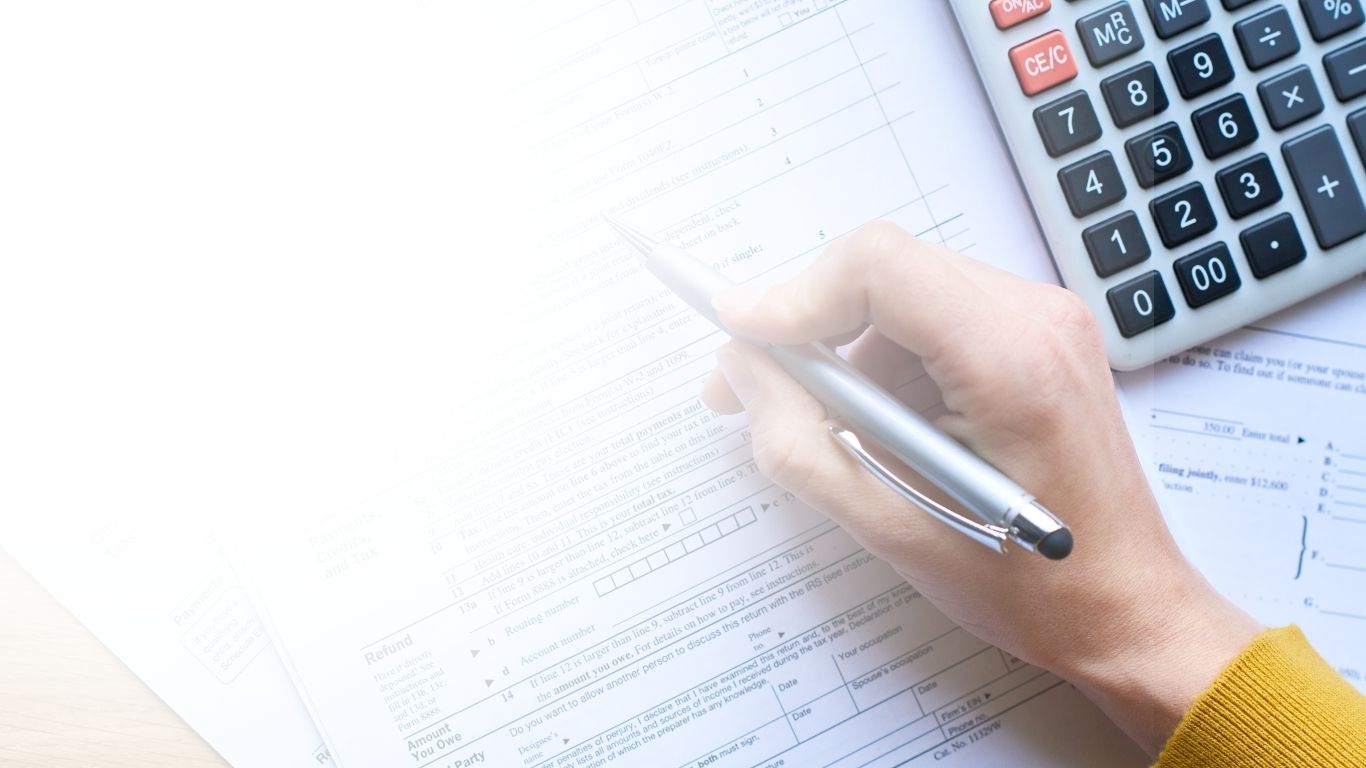DJP (2022) reported that the number of registered Taxpayers in 2021 reached 66,351,573. Among them, 92% were Individual Taxpayers, 5.94% were Corporate Taxpayers, and 1.32% were Withholding Agents.
Compared to the previous year, the number of Taxpayers administered by DJP significantly increased. For instance, in 2020, the number of registered Taxpayers under DJP administration was 49,845,432, and in 2019, it was 45,927,569. The detailed breakdown of registered taxpayers from 2017 to 2021 is as follows:
Registered Taxpayers 2017 - 2021
|
Jenis |
2017 |
2018 |
2019 |
2020 |
2021 |
|
Badan |
3.081.731 |
3.217.193 |
3.436.161 |
3.676.553 |
3.941.523 |
|
OP |
36.061.886 |
38.598.283 |
41.760.108 |
45.426.723 |
61.536.414 |
|
Bendaharawan |
701.003 |
720.865 |
731.300 |
742.156 |
873.636 |
|
Jumlah |
39.781.620 |
42.536.341 |
45.927.569 |
49.845.432 |
66.351.573 |
Source: DJP (2022)
The increase in the number of registered Taxpayers can be attributed to the NPWP registration process. Article 2 of Law Number 6 of 1983 concerning General Provisions and Taxation Procedures, as last amended by Law Number 7 of 2022 concerning the Harmonization of Tax Regulations, stipulates that every Taxpayer who meets the subjective and objective requirements according to tax regulations must register at the Directorate General of Taxes in the area of their residence or domicile and will be given a Taxpayer Identification Number (NPWP).
The subjective requirements refer to the qualifications of an individual or entity to be recognized as a Taxpayer. For instance, a corporate taxpayer fulfills the subjective requirements if it is established or domiciled in Indonesia. On the other hand, the objective requirements are conditions for a taxpayer who receives income or is obligated to withhold or collect taxes according to the provisions of the Law.
In general, the NPWP (Taxpayer Identification Number) is defined as a unique number given to a Taxpayer for taxation administration purposes, serving as their identity or recognition in fulfilling their tax rights and obligations.
The NPWP enables Taxpayers to carry out income tax and value-added tax (VAT) payments, income tax withholding or collection, VAT collection, property tax payment, and stamp duty remittance. It also serves as an administrative tool for Joint Operations in fulfilling their obligations for Corporate Income Tax (CIT), income tax withholding or collection, and VAT collection. This is stated in the Directorate General of Taxes Regulation Number PER-04/PJ/2020 concerning Technical Guidelines for the Implementation of Taxpayer Identification Numbers, Electronic Certificates, and Designation of Taxable Entrepreneurs.
Furthermore, Minister of Finance Regulation Number 147/PMK.03/2017 concerning the Procedure for Taxpayer Registration and the Cancellation of Taxpayer Identification Numbers, as well as the Designation and Revocation of Taxable Entrepreneurs, stipulates that Taxpayers can apply for an NPWP at the Tax Office (KPP) or the Integrated Tax Service Office (KP2KP) within the jurisdiction of their residence, domicile, or business activity directly, by mail, or through expedition or courier services with proof of delivery.
PMK 147/PMK.03/2017 also states that the Head of the KPP or KP2KP must issue the NPWP no later than one working day after receiving the complete application. Moreover, the Head of the KPP or KP2KP is also entitled to issue a temporary NPWP if, based on the results of the investigation, it is found that the Taxpayer has not registered to obtain an NPWP despite meeting the subjective and objective requirements.
However, the NPWP registration application does not apply to Taxpayers registered at KPP within the Directorate General of Taxes Regional Office (Kanwil) for Large Taxpayers, KPP within Kanwil Special Jakarta, and Medium Taxpayers KPP. According to Directorate General of Taxes Regulation Number PER-10/PJ/2018, Taxpayers registered at KPP within Kanwil for Large Taxpayers, KPP within Kanwil Special Jakarta, and Medium Taxpayers KPP are determined by the Director General of Taxes.
Regarding the structure of NPWP numbering, the NPWP consists of 15 digits, with 9 digits as the Taxpayer's identification, the following 3 digits as the code for the KPP where the Taxpayer is first registered, and the subsequent 3 digits as the center and branch status code. Even if a Taxpayer undergoes a relocation or change of residence, resulting in a change of KPP registration, the NPWP remains unchanged.
Based on the above explanations, it can be concluded that besides being an administrative tool for taxation, the NPWP also serves as a gateway for Taxpayers to fulfill their tax rights and obligations in Indonesia. In the following discussions, we will further explore the integration of NPWP-NIK, NPWP removal, NPWP changes, and other related matters.
Relevant Provisions:
- Law Number 6 of 1983 concerning General Provisions and Taxation Procedures, as amended by Law Number 7 of 2022 concerning the Harmonization of Tax Regulations.
- Law Number 7 of 1983 concerning Income Tax, amended by Law Number 7 of 2022 concerning the Harmonization of Tax Regulations. Minister of Finance
- Regulation Number 147/PMK.03/2017 concerning the Procedure for Taxpayer Registration and the Cancellation of Taxpayer Identification Numbers, as well as the Designation and Revocation of Taxable Entrepreneurs.
- Directorate General of Taxes Regulation Number PER-10/PJ/2018 concerning the Place of Taxpayer Registration and/or the Place of Business Reporting for Taxable Entrepreneurs at Tax Service Offices within the Directorate General of Taxes Regional Offices for Large Taxpayers, Tax Service Offices within Kanwil Special Jakarta, and Medium Taxpayers Tax Service Offices, as amended by PER-07/PJ/2020.
- Directorate General of Taxes Regulation Number PER-04/PJ/2020 concerning Technical Guidelines for the Implementation of Taxpayer Identification Numbers, Electronic Certificates, and Designation of Taxable Entrepreneurs.


